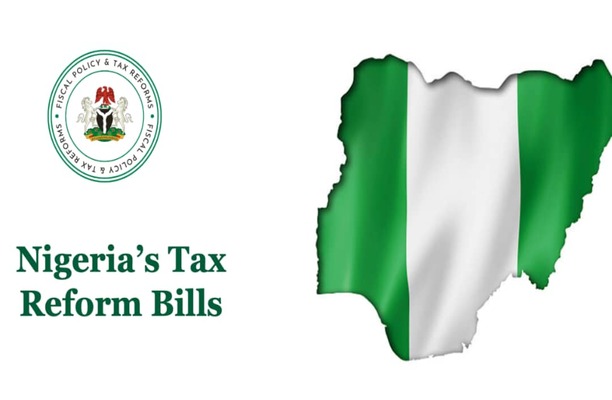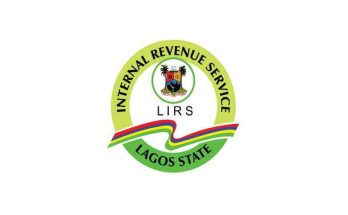By Chiagoziem Abosi
Edited by Sunkanmi Adewunmi
Great news for many Lagosians: starting January 1, 2026, the tax rules are changing and if you’re earning modest income or running a small business in Ikeja, you might benefit.
What’s changing?
The man behind the update, Taiwo Oyedele, Chairman of the Presidential Fiscal Policy & Tax Reforms Committee, says the new laws will offer “reliefs and exemptions” for low-income earners, small businesses, and everyday taxpayers.
Some key highlights:
- If your annual income is up to ₦1.2 million (roughly ₦800,000 taxable income), you may pay zero personal income tax (PIT).
- Small companies earning less than ₦100 million with assets under ₦250 million can pay 0% Companies Income Tax (CIT).
- Gifts, pension benefits, rent reliefs (up to 20% of annual rent, capped at ₦500,000), and several others will now enjoy tax reliefs.
- VAT exemptions or zero rates for items like basic food, education, health services, and small businesses turning over less than ₦100 million.
What Ikeja people are saying
At the computer-spare-parts market in Ikeja, trader Chinedu Akubuogu said:
“So if I make just a small profit this year, maybe I no go pay tax again? That one sweet. Small business been struggle every day.”
Meanwhile, Aisha Lawal, a hair salon owner in Ogba, offered a cautious view:
“Relief dey good but make the change no slow. We still dey pay for generator, diesel, rent. This tax wey dem say we go save must reach our pocket.”

Why it matters locally
For busy Lagos streets like Ikeja’s Allen Avenue, this could mean:
- More money to reinvest into businesses — instead of paying heavy tax.
- Possibility of hiring more staff or expanding operations since overheads may reduce.
- For workers, a check-in the pocket if taxes drop or vanish for low earners.
But there’s a “however”
Economists warn this isn’t a magic solution. Dr Funmi Adesanya, an economist in Lagos, says:
“These tax reforms are positive, but tax is just one part of cost. If inflation, power and transport remain high, many will still feel under pressure.”
Also, the reforms must be implemented clearly. Without proper communication, confusion could arise, especially among informal workers and small businesses not used to formal tax systems.
What you should do now
- Keep your records: receipts, rents, income statements they’ll help you benefit when the law kicks in.
- If you’re a small business owner, evaluate your turnover and assets so you know if you qualify.
- Seek advice: talk to tax consultants or account-persons to plan ahead.
- Stay alert for official announcements: The reforms are set for January 1, 2026, but specific guidance may come later.
Do you believe these tax changes will actually make life easier here in Ikeja? Or are they just headlines for now? Drop your thoughts below, and share this article with someone you know who’ll be affected.








